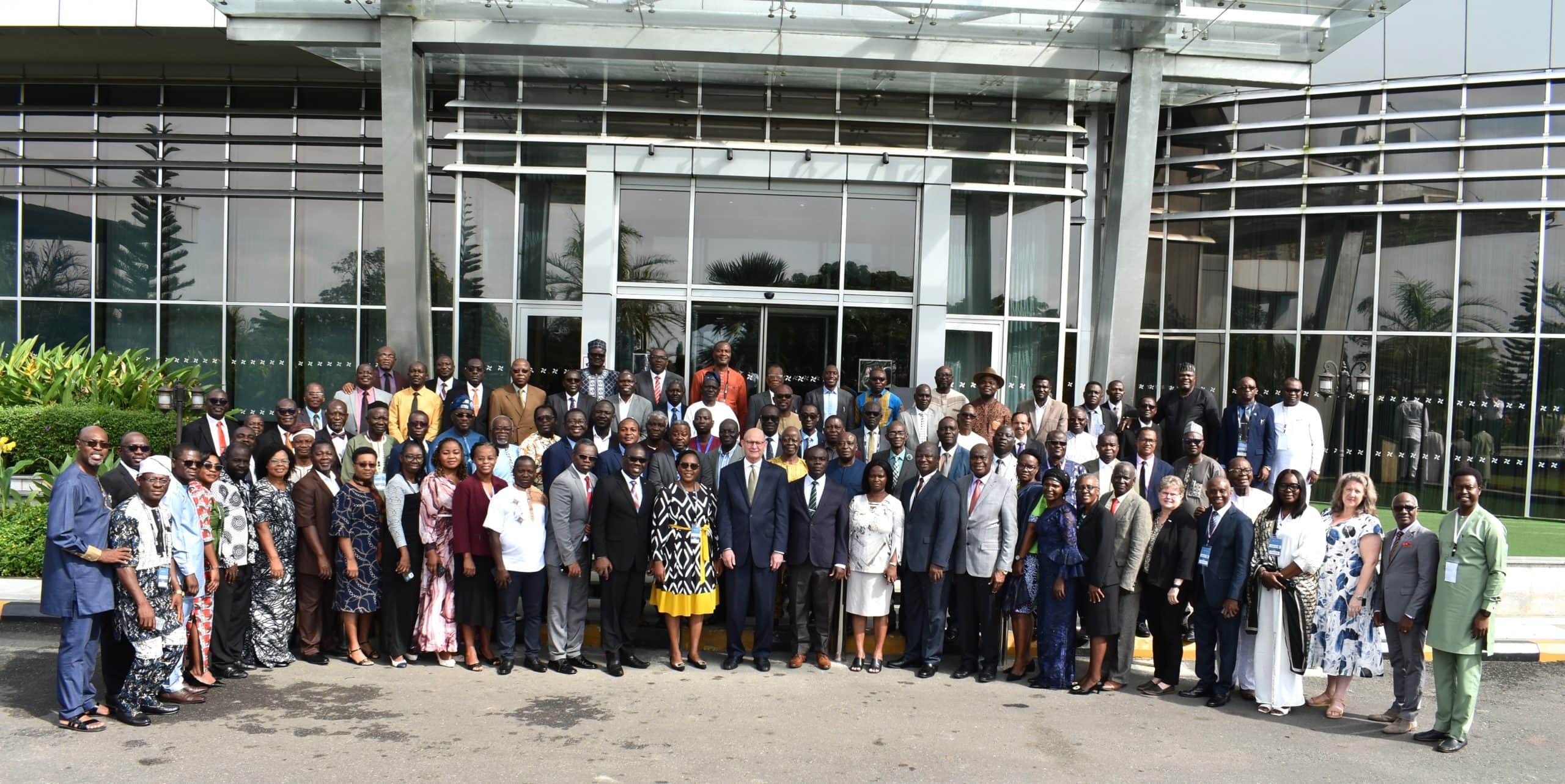
In a region marked by local, national, and regional challenges, the work of the Seventh-day Adventist Church continues thriving, regional church leaders recently said.
This was the recurring theme in the reports presented by the president, executive secretary, and treasurer of the West-Central Africa Division (WAD), at the region’s Year-End Meetings in Ikot Ekpene, Akwa Ibom, Nigeria, October 29-30. Leaders rejoiced at God’s faithfulness in helping the church thrive despite old and new challenges to its mission in the region, which encompasses 22 countries and many local cultures and languages.
As the WAD celebrated 20 years of existence in 2023, church leaders committed to continued and deliberate efforts to increase and even double the nearly 1 million baptized church members across the region.
Focused on Mission Against All Odds
WAD president Robert Osei-Bonsu summarized the main activities and achievements across the region in a video message. The presentation highlighted some of the challenges, including security threats in northern Nigeria, social unrest and military coups, and economic volatility.
Despite those seeming roadblocks, the Adventist Church has kept its focus on mission, Osei-Bonsu said. Between June 2022 and June 2023, the church in the region baptized more than 42,000 people, which represents a 5 percent growth rate, Osei-Bonsu said. The division hopes to reach the goal of 1 million baptized members in the region in the next few months, he said.
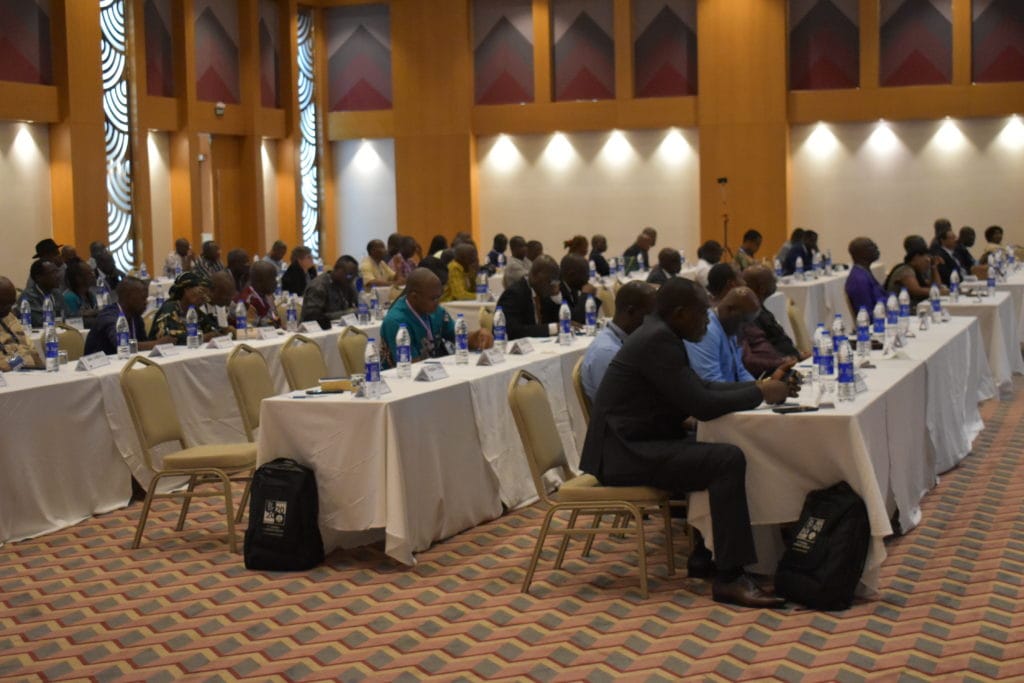
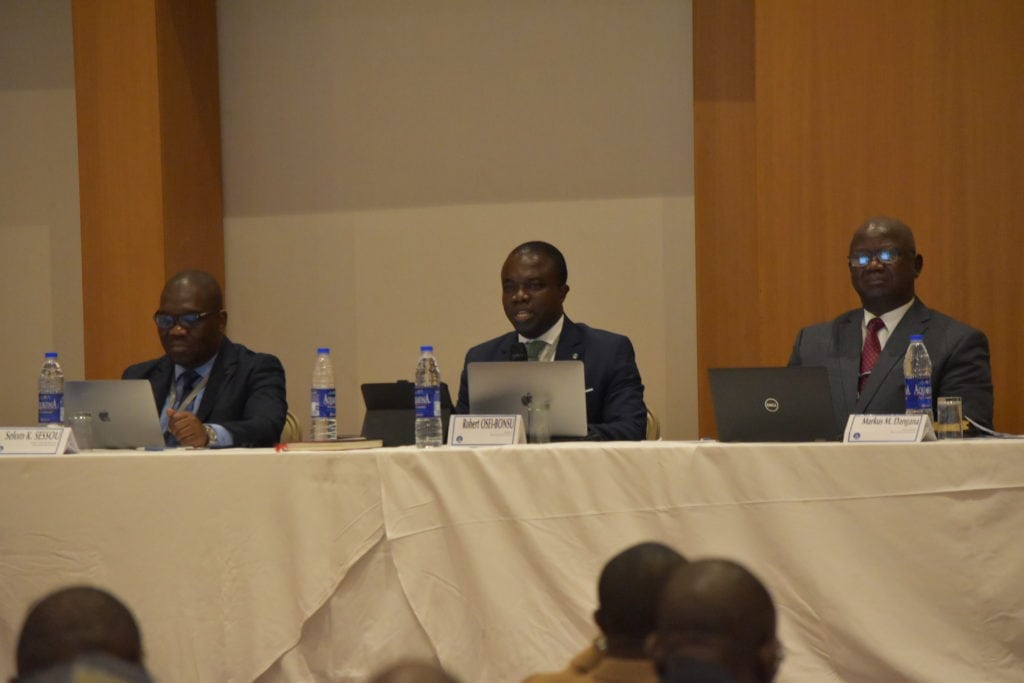
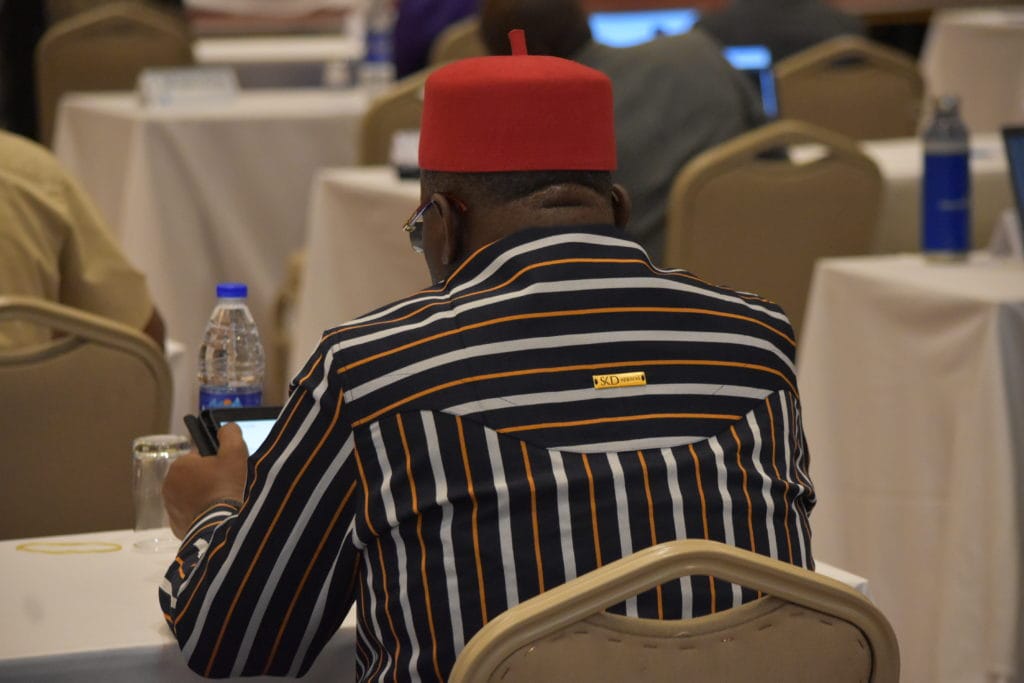
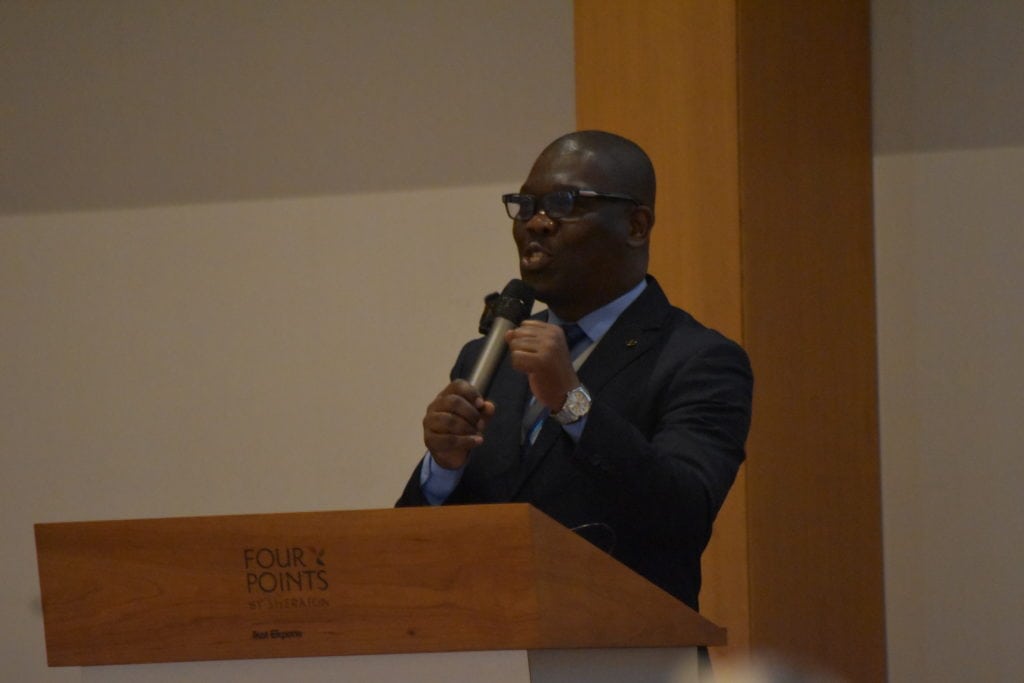
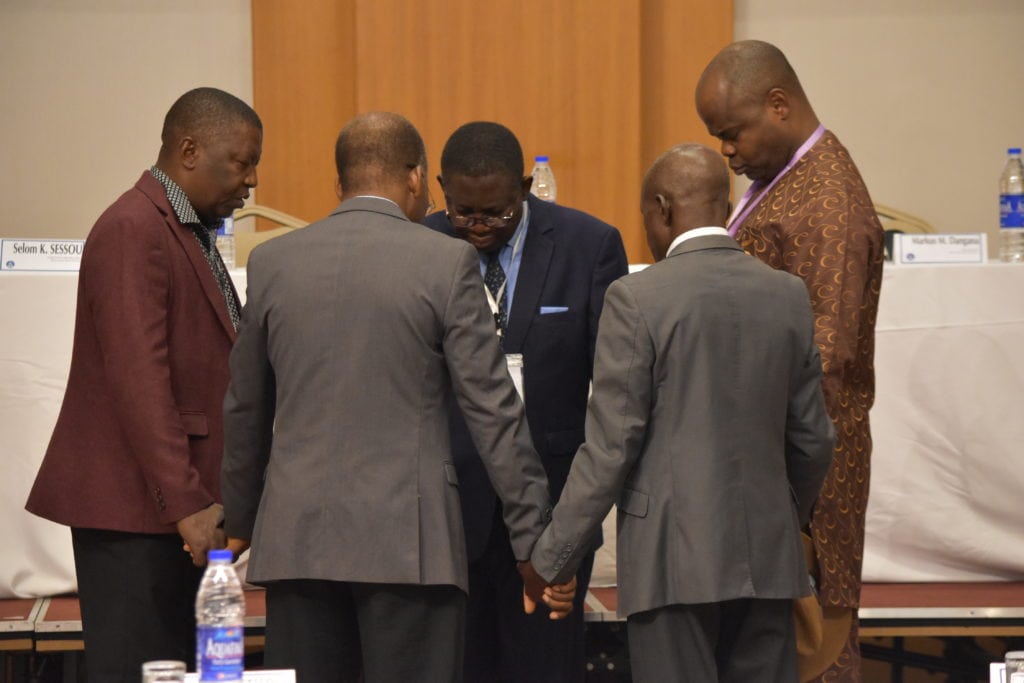

Steady Progress Across the Region
WAD executive secretary Selom Kwasi Sessou highlighted the progress made since the Annual Council voted to establish the new region in late 2002. At that time, the newly established church region had 669,620 members. “As we celebrate our 20th anniversary this year, let us revisit our past, in order to learn from it, and use the acquired knowledge to reshape our future,” Sessou said.
The WAD currently includes 5,243 churches and 5,450 companies, with 1,784 ministers. The region also includes five Adventist universities: two in Nigeria, and one in Cameroon, Liberia, and Ghana, Sessou said. Adventist education is represented in 176 secondary schools and 995 primary schools. The region also oversees 34 Adventist hospitals and sanitariums, nine clinics and dispensaries, and two printing presses.
“The Lord has been with us, and everyone has done their own part,” Sessou said. “In many regions, leaders and members are working. We believe that, as we strategize and provide some additional funds for evangelism, we will reach wonderful results.”
According to General Conference president Ted N. C. Wilson, the key for steady church growth and member nurturing is getting people involved in mission. “When people get involved, they stay with us,” he said. “The same can be said about young people. First, get them studying the Bible, and secondly, get them involved in service, reaching out and doing something for others. When you get involved in reaching out and touching the lives of other people, you get inoculated against the miserable arrows of the devil. It is the reason we have TMI [Total Member Involvement]: everyone doing something for Jesus.”
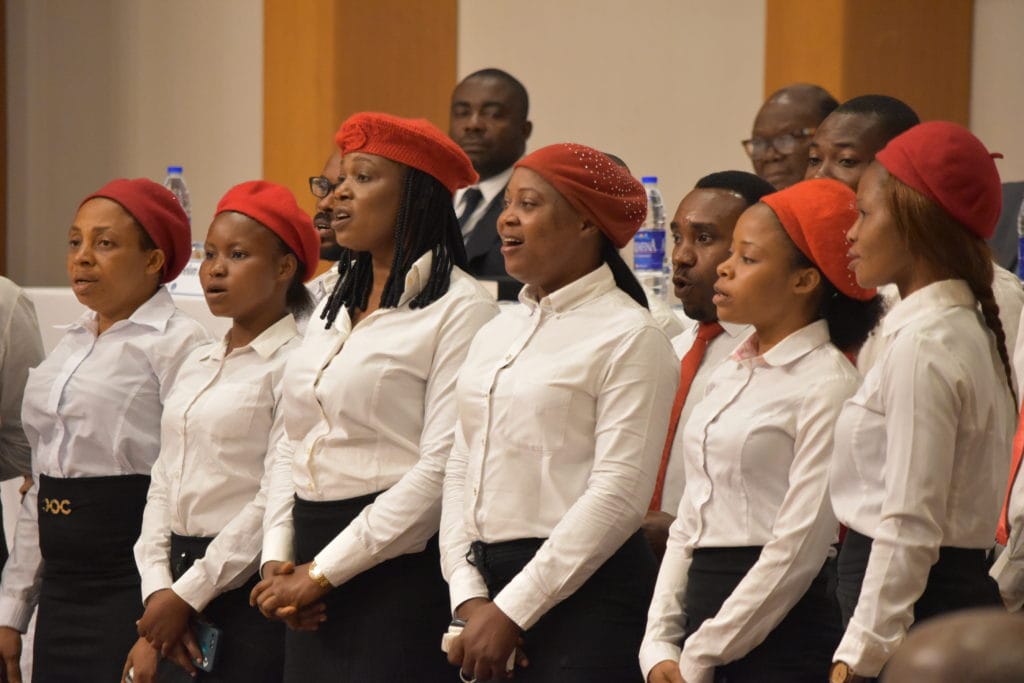
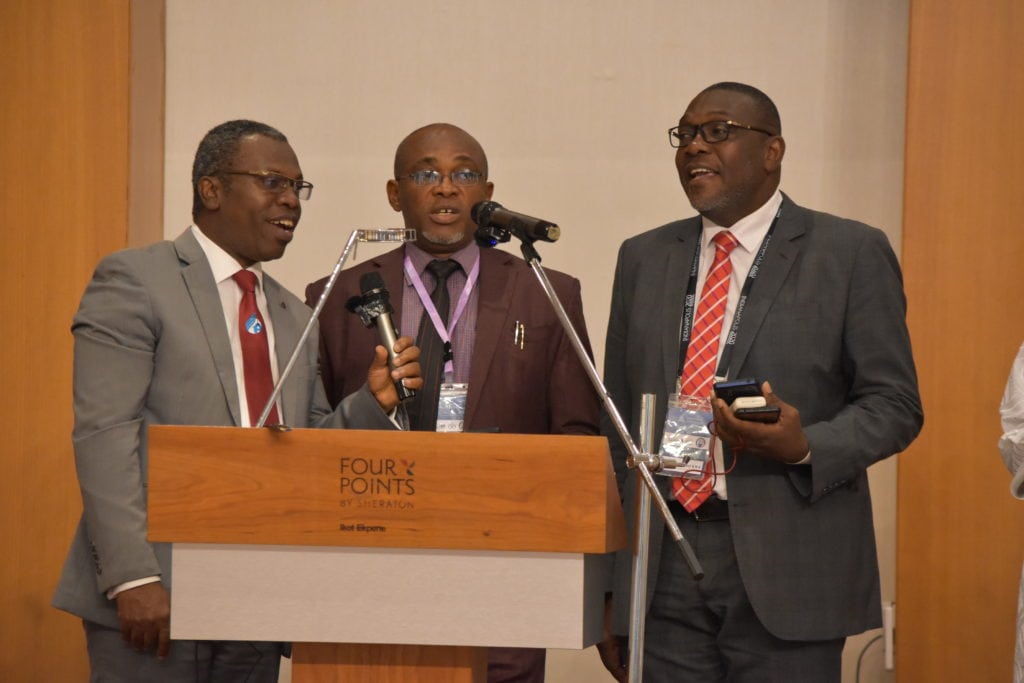
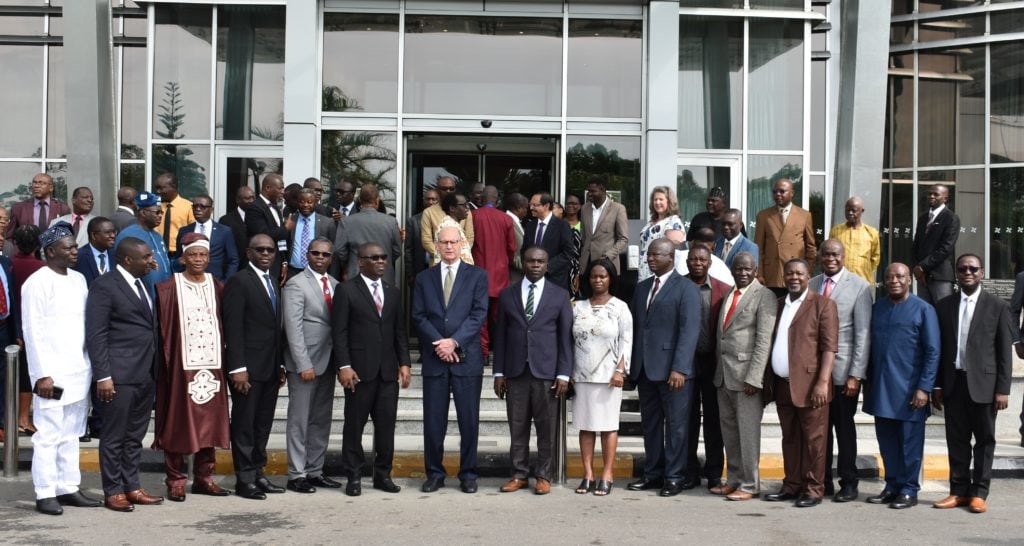
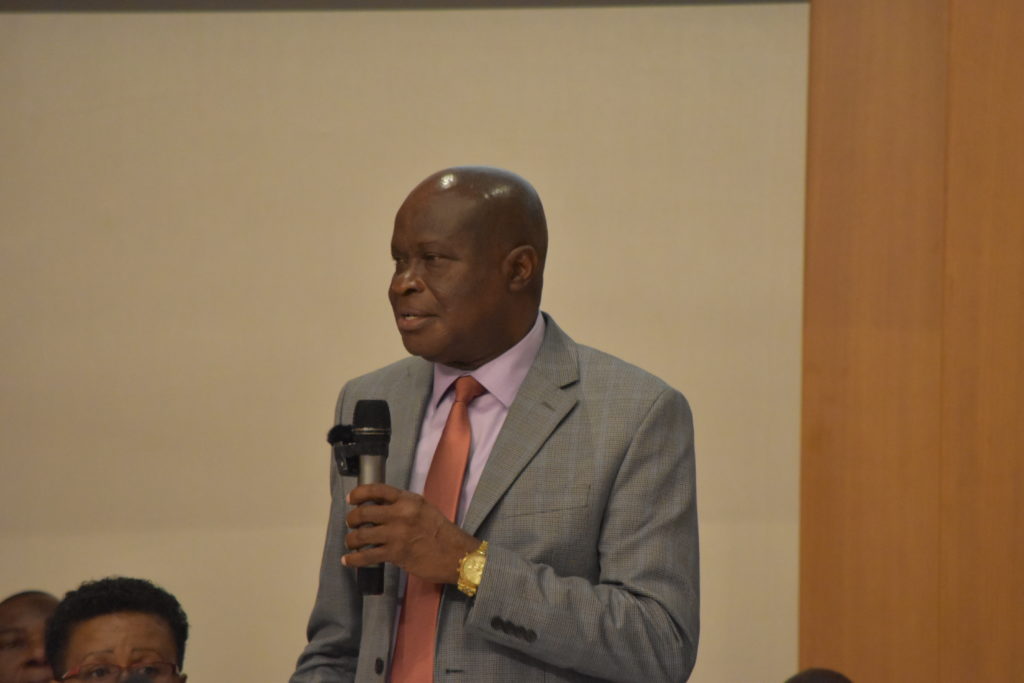
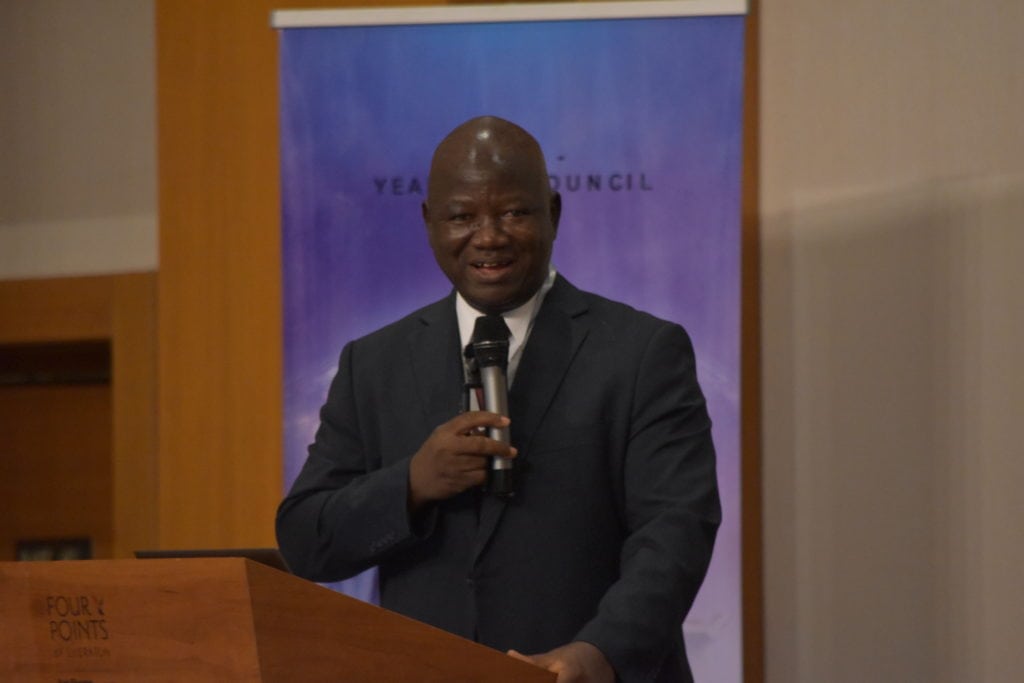
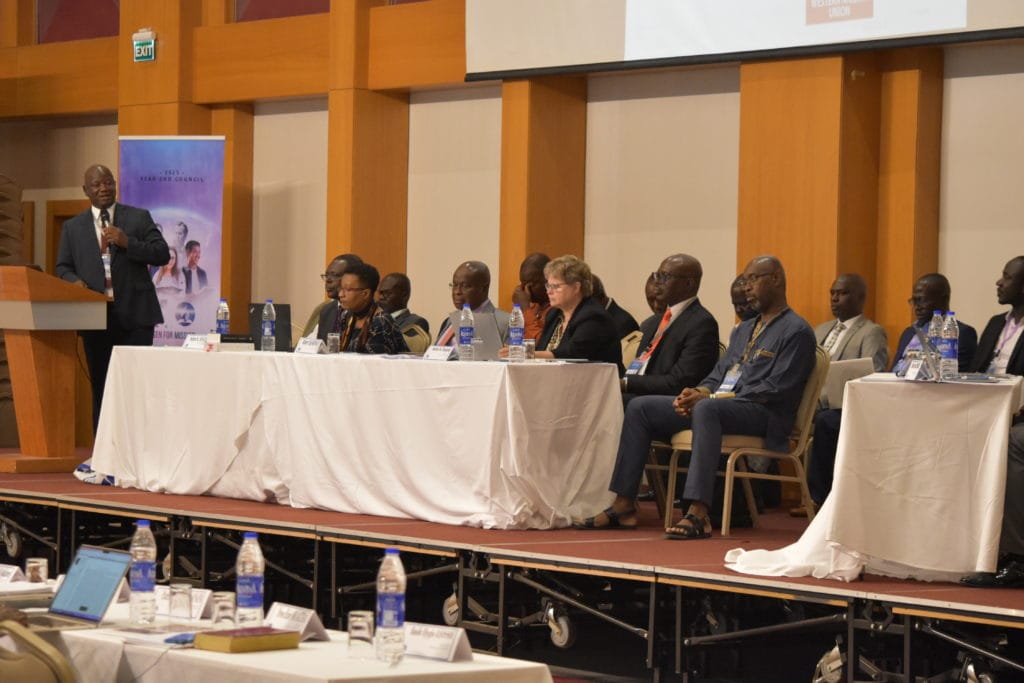
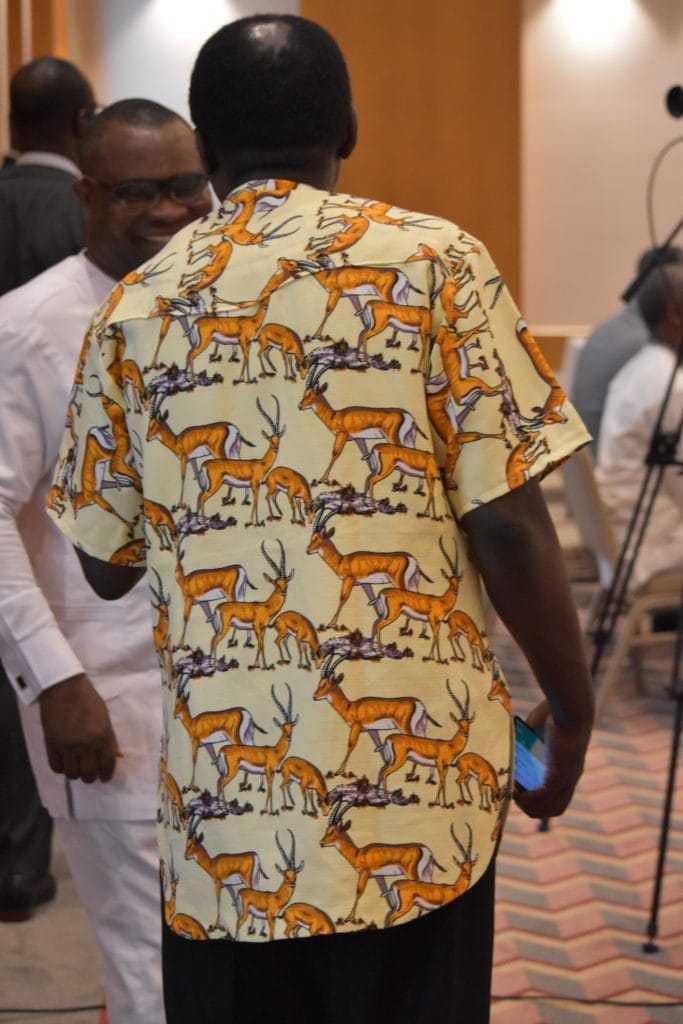
God’s Mercies Amid Troubled Times
A day later, on October 30, WAD treasurer Markus Musa Dangana highlighted some of the financial challenges across the region.
He reminded members of the WAD Executive Committee that the region includes 15 to 18 of the poorest countries out of the 40 poorest nations with a growing population. High inflation in several WAD countries has slowed economic progress and made it more difficult to conduct business. “We must remain prudent on how we manage the resources God has put into our hands,” Dangana said.
Other issues that affect the ability of the regional church to do business include increased government oversight of banking transactions, cryptocurrencies, and cybersecurity challenges, Dangana said. All those elements make the WAD’s financial position challenging, he acknowledged. In that environment, regional church financial leaders are taking measures to hedge themselves against some of the effects of the current situation, he said.
Despite past, current, and future challenges, Osei-Bonsu was happy to report that gross tithe in US dollars increased by 9 percent between 2020 and 2022 and total offerings in US dollars increased by 10 percent in the same period. Thus, no matter how difficult the challenges are, “by God’s grace, we will keep working to reach one million members and then double that membership by 2025,” he said.